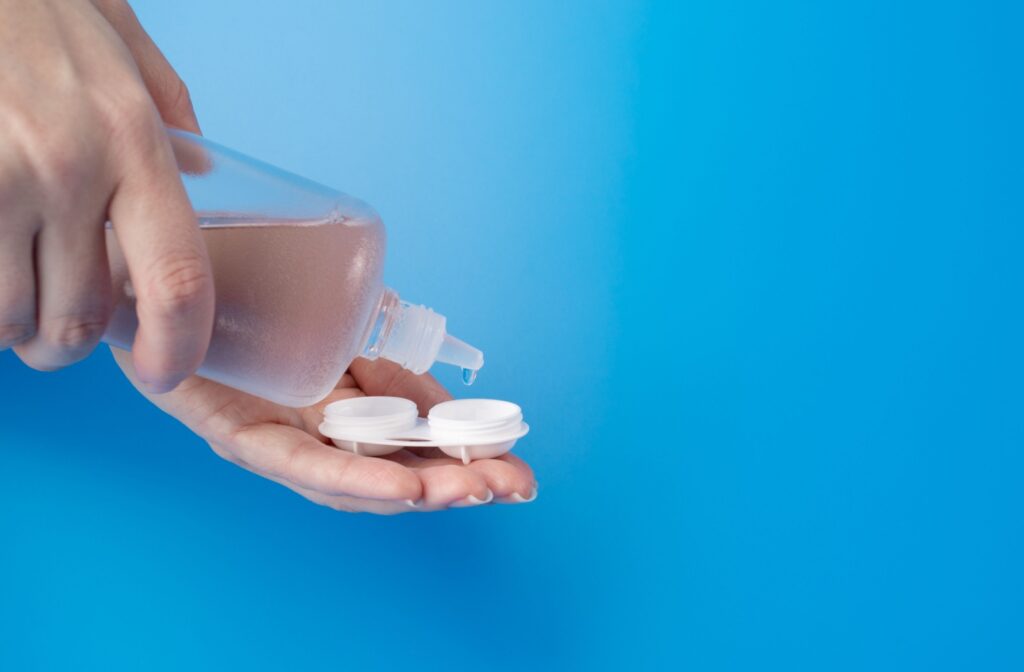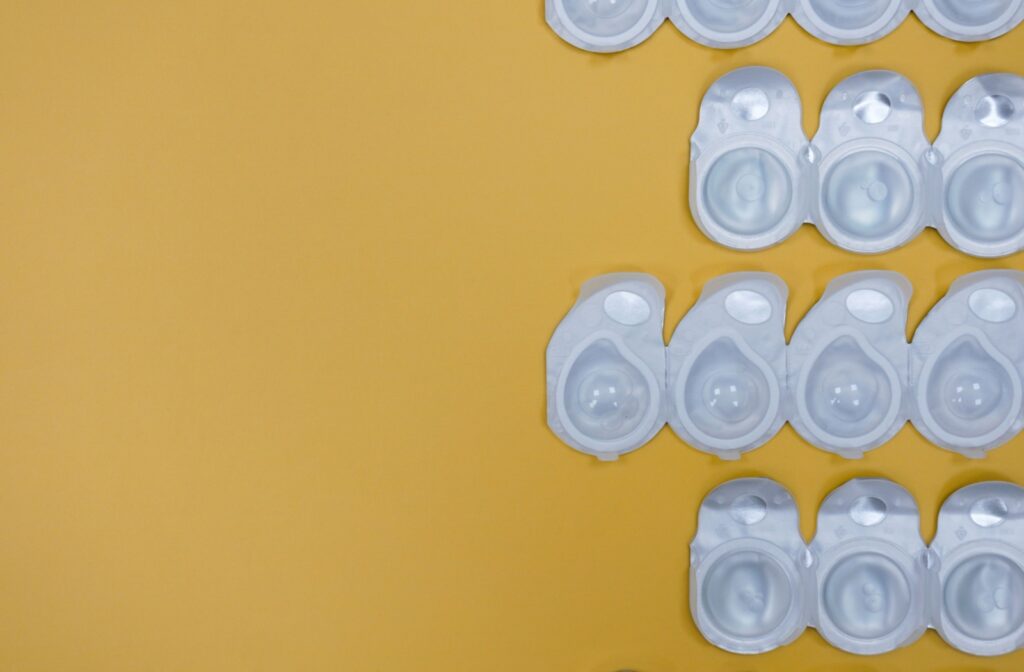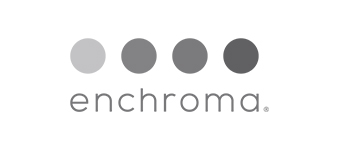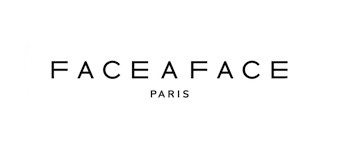If you’ve been wearing contact lenses for a while, you’ve probably noticed the small expiration date printed on the box. It can be tempting to use your contacts past the expiration date, but contact lenses can expire, meaning they cannot be guaranteed to be sterile and safe for wear after this date. Fortunately, the expiration dates for contact lenses are usually many years after they are initially sealed, so with regular use, you’re less likely to encounter this problem.
Moreover, contact lens prescriptions typically need to be updated more frequently than the expiration range on contact lenses.
What Does the Expiration Date on Contact Lenses Mean?
The expiration date on your contact lens box isn’t just a random number. It serves as a safety guideline to ensure the lenses remain sterile, effective, and safe to use. The date applies to unopened packages of contact lenses and is typically printed as a two-digit month and four-digit year (e.g., 06/2025).
The manufacturer sets this expiration date based on the quality of the lens material and the sterility of the saline solution inside the packaging. After this date, the lenses are not guaranteed to be safe for wear.
Why Do Contact Lenses Expire?
Contact lenses expire for two main reasons:
- Material Stability: The lens materials, such as silicone hydrogel, break down over time, even when they remain sealed in their packaging. An expired lens may lose its flexibility or permeability, making it less comfortable and harder to wear.
- Packaging Sterility: Contact lenses are stored in sterile packaging containing a saline solution. Over time, the seal can weaken, increasing the risk of contamination. Once sterility is compromised, bacteria or fungi can develop, putting your eye health at risk.
Do Unopened Contact Lenses Expire?
Yes, even unopened contact lenses have an expiration date. The expiration date is based on both the lens material and the sealed packaging. While unopened lenses are less likely to be contaminated, manufacturers cannot guarantee their safety or effectiveness after the printed date has passed.
Why Is It Dangerous to Use Expired Contact Lenses?
If you’ve found an old pair of contact lenses tucked away in a drawer, you might be tempted to wear them “just this once.” But using expired lenses is no small matter. Expired contact lenses can lead to a range of serious eye health issues, including:
- Increased Risk of Eye Infections: Wearing expired lenses exposes your eyes to harmful bacteria or fungi, which can lead to infections such as keratitis. This painful condition, if left untreated, may cause corneal ulcers and long-term damage.
- Discomfort and Irritation: Expired lenses may lose their shape, elasticity, or moisture, resulting in pain or irritation when worn. This can make your eyes feel dry, scratchy, or inflamed, which is never pleasant.
- Vision Impairment: Worn-out lens materials can compromise the clarity of your vision. Blurry or distorted vision may occur, preventing you from seeing clearly and potentially affecting your day-to-day activities.
Can Expired Contact Lenses Damage Your Eyes?
Yes, they can. Beyond infections and discomfort, expired lenses can scratch your cornea due to reduced flexibility or the presence of unexpected debris. Corneal scratches can lead to further complications, including scarring or difficulty wearing contact lenses in the future.
Proper Contact Lens Care

Taking proper care of your contact lenses can dramatically improve your wearing experience and reduce the risk of eye problems. Here are some essential tips to follow:
1. Check Expiration Dates Regularly
Always review the expiration date on your contact lens boxes before wearing a new pair of contacts. If the date has passed, dispose of the lenses, even if they appear fine.
2. Store Lenses Correctly
Keep your contact lenses in their original, sealed packaging until you’re ready to use them. Store the boxes in a cool, dry place, away from direct sunlight, to ensure the saline solution and lenses remain stable.
3. Follow Your Lens Replacement Schedule
Whether you’re using daily disposables, bi-weekly lenses, or monthly lenses, it’s essential to adhere to the recommended replacement schedule. Wearing lenses for longer than intended can result in discomfort or buildup of proteins, even if they haven’t expired.
4. Schedule Regular Eye Exams
Consistent check-ups with your optometrist help ensure your lenses fit properly and your prescription is accurate. Your eye health can change over time, even if you don’t notice immediate symptoms.
When Should I Replace My Contact Lenses?
Knowing when to replace your lenses depends on a few key factors:
- For Daily Wear: At the end of the day (never reuse, even if it seems wasteful).
- For Bi-Weekly or Monthly Lenses: Approximately every 14 or 30 days from the date of opening, even if you wear them infrequently.
- For Torn or Damaged Lenses: Dispose of immediately, as torn lenses can cause scratches to your eye.
- For Expired Lenses: Do not wear them. Discard any lenses that have expired, even if the packaging is still sealed.
Next Steps for Healthier Eyes
Contact lenses are a fantastic tool for convenience and comfort, but they require proper care and attention to maintain their effectiveness.
Warman Eyecare encourages our patients to understand how to care for their contact lenses responsibly. This helps protect their eyes and allows them to enjoy crystal-clear vision without compromise. Contact us today to get your contact lens prescription updated.









